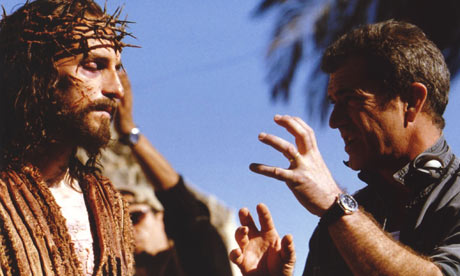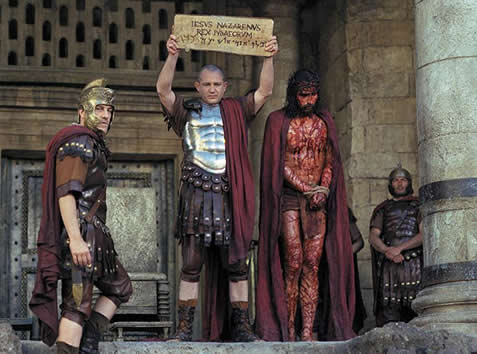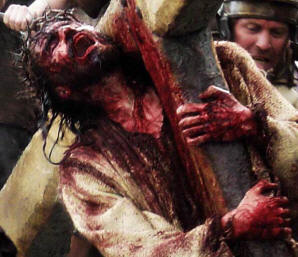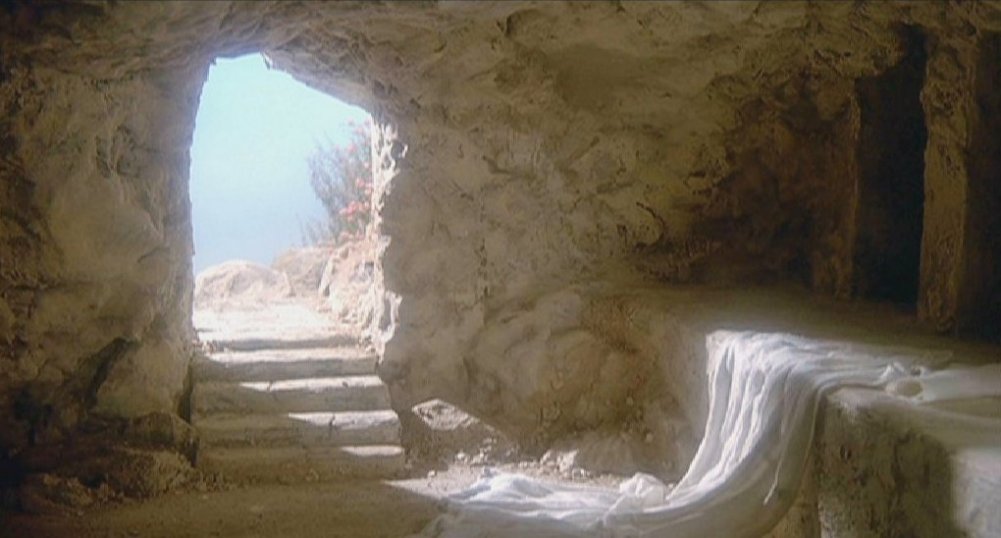There's something enchanting about the Irish, an inconsistent combination of melancholy and melody, mad mentality that's logical only if Irish or inebriated. Or both. Words spill off their tongues singsong like music. Fairytales and fact intertwine until its hard to tell where one ends and the other begins.
.
Neil Jordan's Ondine (Ireland, 2009) is an ancient legend in 21st century Ireland. Syracuse, locally know as "Circus", is a fisherman that finds a girl in his net. He's not sure if he's lost his senses, but his daughter Annie is certain that his catch is a selkie, a Gaelic version of mermaid. Syracuse humors Annie, but her interpretation of the myth proves to be closer to reality than common sense. There's no denying that when she sings to the fish, his catch is unheard of. The Fisheries Inspector is incredulous when Syracuse claims he caught salmon trawling (apparently only possible with a gill net), but astounded to find Ondine hiding under the (dry) gill net.
Fisheries Inspector: "Circus, there's a girl in your net!"
Syracuse: "Is that illegal?"
Fisheries Inspector: "No, but it's unusual."
Syracuse: "Ask her how I caught the salmon."
Fisheries Inspector: "How did he catch the salmon?"
Ondine: "Trawling."
Fisheries Inspector: "Do you expect us to believe fairytales?"
Ondine: "Yes."
.
Neil Jordan deftly weaves legend together with a modern story employing imagery and symbolism. It's fairly easy to find the connections if you listen carefully to little Annie's explanation of selkies. They are seals who shed their fur to live with men. A man who hides a selkie's fur for seven years can keep her, a selkie who sheds seven tears can find happiness with her landsman. Syracuse is beside himself, wanting to believe in happily ever after, but afraid that it's too good to be true.
So what is real? What we know or what we believe?














































